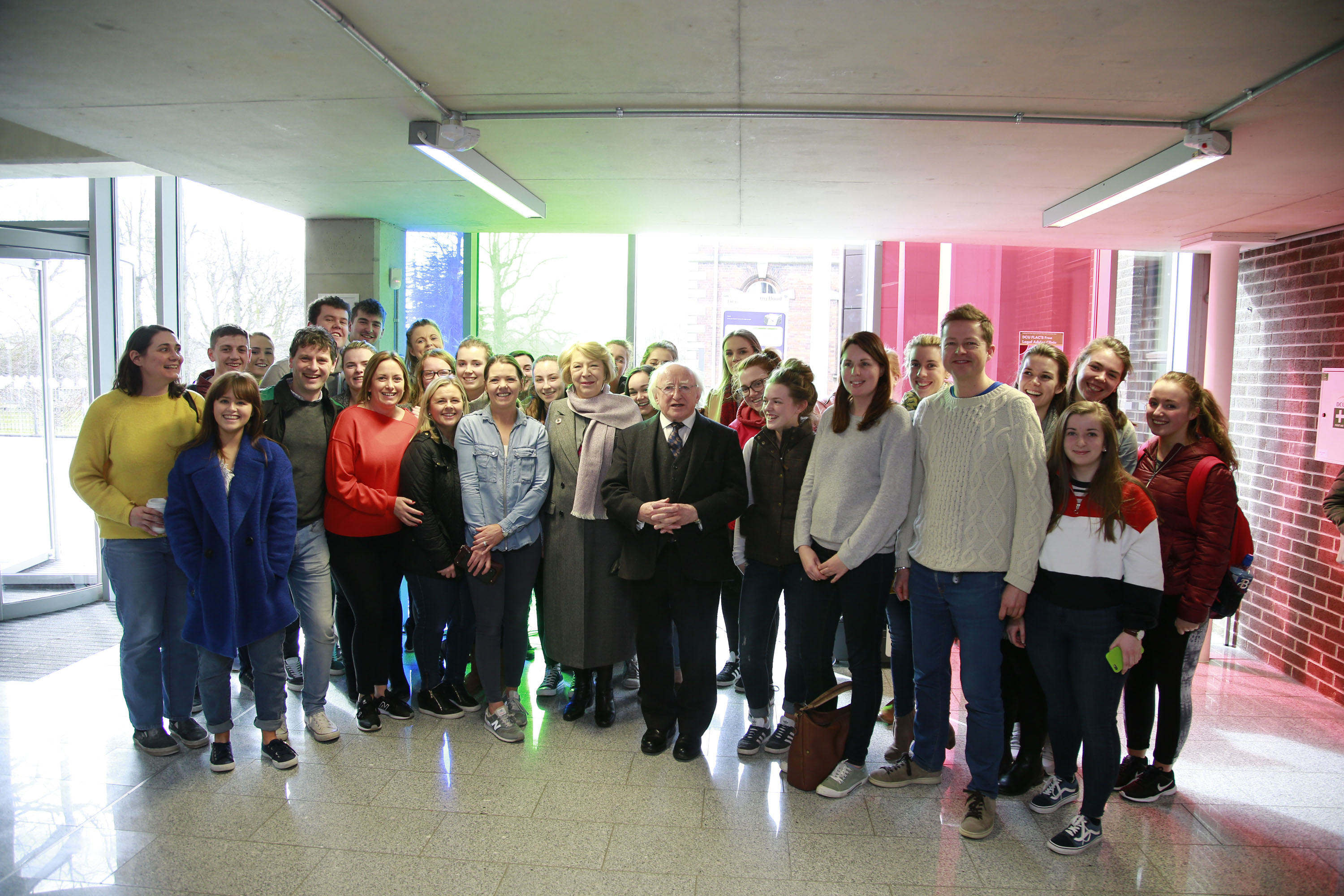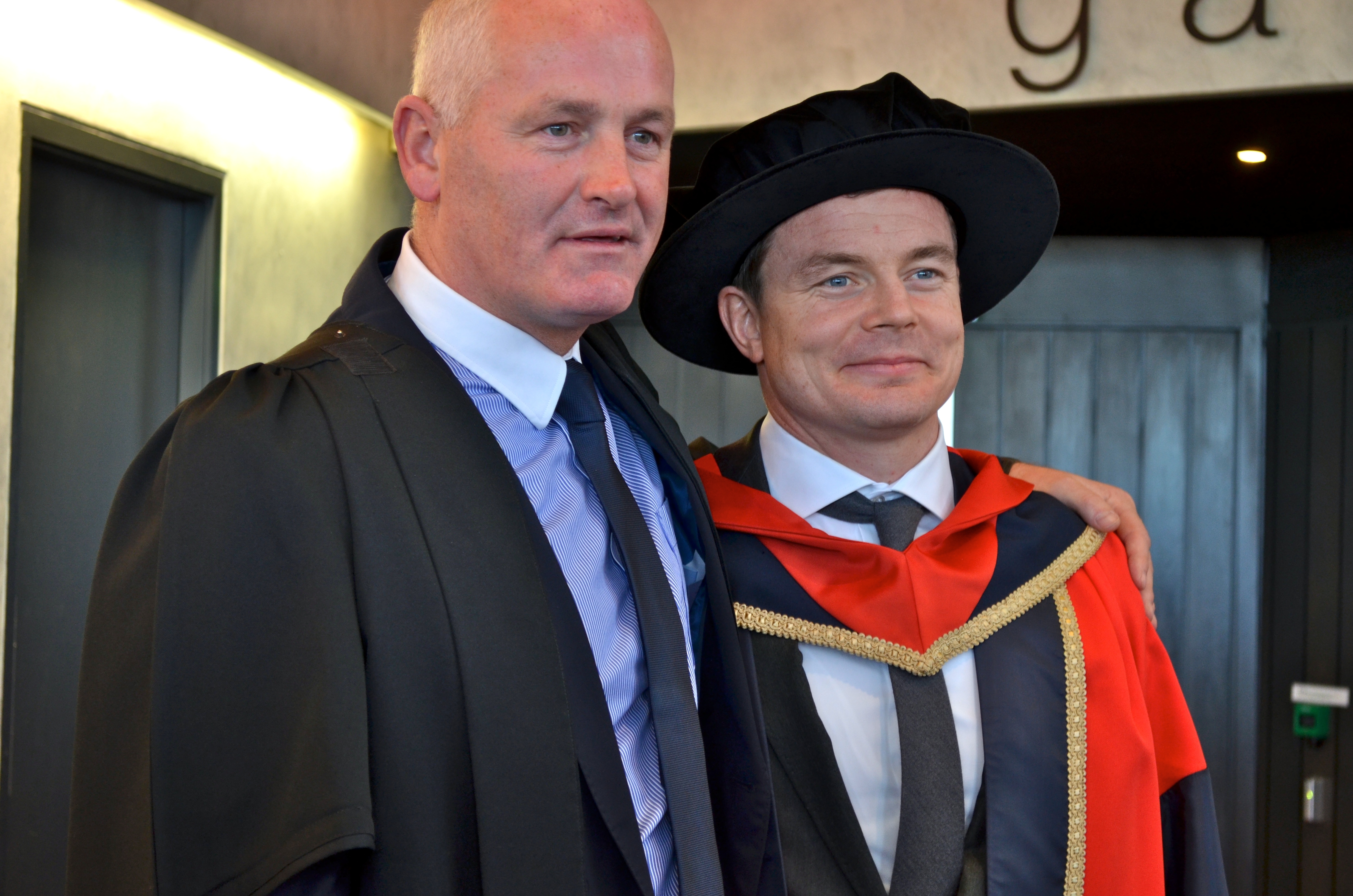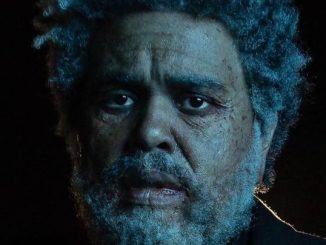
As patron of the autism charity AsIAm, it was appropriate that President Higgins attend the formal designation of DCU as an Autism-Friendly University, while contributing to the discussion of inclusion within third level education. In the words of an t-Uachtarán: “we have to get to a new kind of mind about what education is”.
To understand the significance of the Autism-Friendly University project, it is important to understand what autism is. As defined by the executive summary report of the project, autism is “a developmental disability that affects how one relates to and communicates with other people”.
Autism Ireland has highlighted autism as being a ‘hidden disability’ given that it is not physically demonstrative but rooted in behavioural differences amongst peers, with 1 per cent of the Irish population being affected by the disability. People who are recognised as being on the autistic spectrum have challenges with communicating and socialising with others, repetitive behaviours and having heightened sensory perception.
As part of the designation and the establishing of an Autism-Friendly University at DCU, attendees were invited to take a copy of the project’s executive summary report laid out by its four primary contributors: Dr. Mary Rose Sweeney from the School of Nursing, Prof. Teresa Burke of the School Human Sciences, and Katie Quinn and Adam Harris of AsIAm.
The report gives background as to what autism is, the aims and methods used by DCU in their attempt to create both more accessible and supportive services for students with autism, an outline of each of the four studies carried out to establish the most adequate facilities for said students, and the proposed actions necessary to implement change; a change that ensures “access to education should be about your ability alone”.
These changes are essential to establishing that new mind on education. It is essential to the growth of the university, according to DCU president Brian MacCraith, who said that inclusion is at the heart of DCU and “why we are proud of whom we include; and not who we exclude”.
This affirms that educational opportunity is a core value of DCU and one that has inspired the university’s commitment to widening participation with third level education. In adapting an environment where disability can be to the detriment of a student, we can break down the daily barriers faced by those struggling with autism and to allow them flourish.
As part of the Autism-Friendly movement, 43 separate actions are to be implemented over the next three years, based on the eight new principles of an Autism-Friendly University. These principles were founded through the research carried out by Dr. Mary Rose Sweeney in collaboration with AsIAm and Specialisterne Ireland.
A sample of some of the actions include: filtering the volume of information required by students for course work, provision of quiet spaces and quiet times for students during busy university-run events such as clubs and socs week, creating awareness of autism and providing autism training to DCU staff, student body and class representatives.
One of the most monumental of the 43 actions was DCU’s INTRA programme, which provides internships to students in the hope of securing long-term employment for the future.
It has been seen that there are obstacles to full participation with third level education for autistic students. In addressing the ground-breaking work of DCU, President Higgins noted that these obstacles can be removed; hence the importance of the 43 steps.
It was clear to see why Adam Harris, founder of the social enterprise AsIAm, requested President Michael D. Higgins to act as ambassador of the autism support organisation.
The President’s humanity and shared understanding of the importance of inclusion was evident when speaking about the gravity of living as community.
More simply, “to be able to live properly” and treat others with dignity, according to President Higgins.
In jest, and not for the first time during his address, President Higgins evoked a laugh from the entire room in calling out the ‘notion’ of efficiency taking priority, and in turn resulting in “never again for the rest of your life expressing warmth”.
DCU is the first Autism empowered university in the world. Now, with 86 per cent of autistic children attending mainstream primary and post-primary schools it is time to tackle third level education’s methods of integration.
The development of an Autism-Friendly University creates a voice for autistics students, while modifying education to be more inclusive and accessible to all who show ability. The president expressed profound sentiment in announcing that one of his greatest wishes “is that this becomes a model for other universities”.



